Text will soon be the norm for customer service. Meta recently announced the launch of their new Whatsapp’s new customer service tool, allowing businesses to communicate directly with their customers via their messaging platform. The new customer-business chat feature essentially allows two apps to talk to each other through cloud-based software, meaning a WhatsApp chat can be launched when clicking on a customer service button on a company website.
With over two billion users worldwide, WhatsApp is the largest instant messaging service around. The feature could offer a familiar experience for the huge numbers of existing users when seeking customer support, allowing businesses to provide a better, more fluid service and resolving issues faster.
A more agile and user-friendly customer service
Consumers are now much more used to automated customer service chatbots than they were five years ago, but it can still often feel clunky and frustrating. However, with the new WhatsApp feature, businesses can take advantage of a platform built on years of familiarity.
As most smartphone users are already sending messages through the app every single day, there’s far less danger of usability issues. In fact, that familiarity could even make the process feel more personal, even if customers are still being served by automated responses.
Mark Zuckerberg, Meta’s Chief Executive, said at the launch that the best business experiences “meet people where they are”.
By engaging with customers on ‘home ground’, they already have a leg-up in being able to connect more quickly and more personally than before, whilst being able to build a customised dashboard to ensure the experience still aligns with their brand.
Building (or breaking) customer relations with a text
The feature only appears to be targeting customer service interactions for now, but there’s surely scope for businesses to use this as a platform for communications going forward.
What if businesses could start leveraging the platform to deliver targeted marketing? Personalised messages with relevant reminders and emails could be sent directly to a user’s phone on an app they are checking multiple times a day. And for those businesses with an international customer base, WhatsApp provides a cost-effective way to communicate these messages across the globe.
There is of course a danger of being too heavy-handed with this approach. There is a fine line between customers enjoying the familiarity of the service they experience and feeling like their privacy is being invaded. Businesses risk crossing the boundary from more formal communication routes, like email, into what was once a platform for users to interact with friends and family. There is a chance they could be turned off by over-zealous marketing via a more private and personal digital space and so it is crucial that businesses are only using the new feature to deliver relevant content and not delivering it too often.
There is no doubt though that the new service provides plenty of opportunity for businesses, particularly small firms and start-ups. For those organisations at the start of their journey, the launch will give them a useful short-cut that allows them to set up customer-service tools without needing to start from scratch. And for bigger businesses, they have a chance to further enhance their relationships with customers by taking advantage of a familiar platform and delivering more personal customer communications with greater agility than before.
It will be intriguing to see how innovators strike the right balance and make the most of WhatsApp’s gigantic user base.




